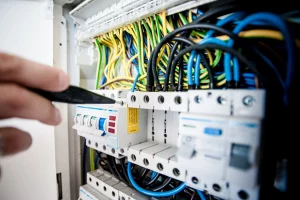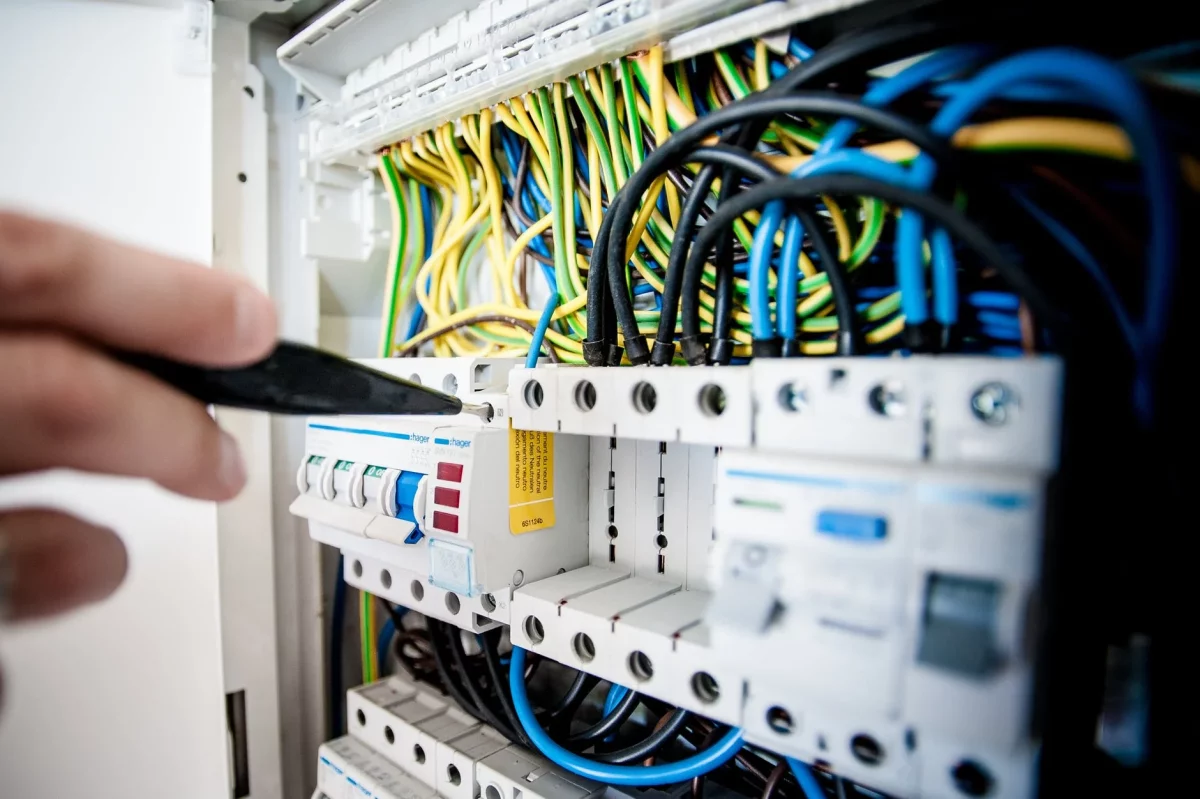addition to licensing, they should have adequate insurance, including liability coverage.
Residential electricians should be knowledgeable about the code requirements for residential
electrical service. They should also know how to troubleshoot problems with electricity. Many of
these professionals know the difference between free and paid electrical service. If you are
unsure whether you need a licensed electrician or not, contact your local utility company.
Resident electricians are responsible to clear work areas of hazards. Their work often involves
using power tools and hand tools. Their experience and training will enable them to safely and
efficiently complete all aspects of electrical work. They should also have excellent
communication and critical thinking skills. A residential electrician should have experience
working with electrical systems, appliances, and circuit breakers. They should also be self-
motivated and have good decision-making skills.
A state-approved training program is required for residential electricians. These programs can
last for several years and require a certain amount of classroom and on the job hours.
Apprentices can often be paid while they are learning the job. An apprenticeship program is
available for residential electricians. These programs give trainees the classroom hours they
need to be certified, while others focus on specialized training. You’ll be able to learn the trade
and earn money at the same time, regardless of which program is chosen.
There is a high demand for residential electricians. These professionals are skilled in installing,
repairing, and upgrading residential electrical systems. They can work independently or as part
of an electrical contractor. Their salaries may vary depending on experience, education, and the
company size. There are some advantages to becoming a licensed residential electrician,
including the opportunity to start your own business. If you enjoy working alongside electricians,
you will have the opportunity to work for yourself.
The responsibilities of a residential electrician differ from those of commercial electricians. The
residential electrician is responsible for both new and existing houses. They can install new
wiring, lighting and other components. Residential electricians are qualified to perform repairs or
inspections, as well as new construction. Residential electricians are skilled in installing wiring.
They can also upgrade existing electrical panels or perform other electrical work in homes. They
also specialize in home renovation. There are many opportunities to grow in this field. You can
choose which one best suits your talents.
A residential electrician works as a skilled tradesman installing, maintaining, and repairing
electrical systems. They can work in commercial and residential buildings as well as industrial
ones. They could be either an inside or outside wireman. Outside linemen are responsible to
manage the electrical lines from their source to the end user. Inside wiremen are responsible,
however, for distributing electricity throughout a building. A residential electrician does the same
job as an inside wireman but works in residential settings.
Residential Electricians earn a higher average salary than Journeymen Ironworkers. The
likelihood of Residential Electricians working in construction is slightly higher than that of
Journeymen Ironworkers who are generally paid less than Residential Electricians. Although the
educational backgrounds of Journeymen Ironworkers as well as Residential Electricians are

similar, they are typically more experienced. Electricians who are residential are more likely to
be skilled in working with light fixtures, electrical systems, and the NEC. They might also be
knowledgeable about bolt-up, structural steel, and heavy equipment
